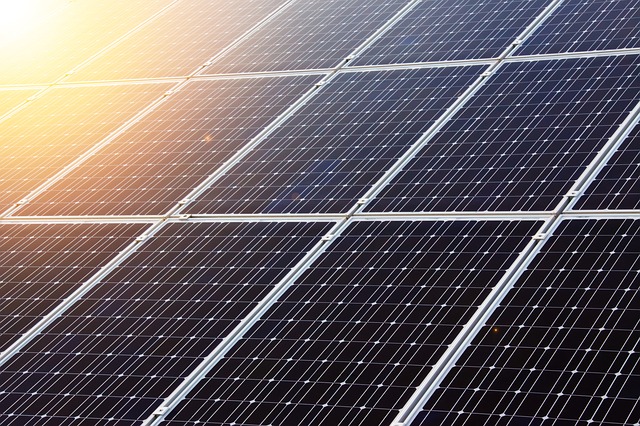Doubling today’s share of renewable energy can bring economy up to $1.3 trillion: IRENA report
The Climate Group
The recent, historic Paris Agreement at COP21 has established that the world must quickly embrace a low carbon path to avoid the risks of runaway climate change. Today, new analysis by the International Renewable Energy Agency (IRENA) shows once again that investing in low carbon energy is also beneficial for the economy.
In fact, doubling today’s share of renewable energy in the global energy mix to 36% by 2030 would increase global gross domestic product (GDP) between 0.6% and 1.1% – roughly between US$706 billion and US$1.3 trillion, the research finds. Global welfare would also increase as much as 3.7%, adding around 15 million new jobs by the same date, which is 10 million more than the ‘Reference Case’, or business as usual.
The report Renewable Energy Benefits: Measuring the Economics, which was released at the IRENA Assembly in Abu Dhabi today, shows how the business case for adopting renewable energy on a large scale has been strengthened by recent advances in low carbon technologies as well as clean energy prices dropping. Policymakers can take advantage of this transition to renewable energy by being early adopters on a large scale advise the authors, while creating a clear framework for businesses willing to lead this transition.
With energy today accounting for about 6% of global GDP and demand expected to increase by 21% by 2030, the energy sector will continue to play a crucial role in global economic and human development – so it is fundamental to set it on track for a more sustainable future.
But of course there will be those who lose out from the transition. Large exporters of oil will face bigger losses than coal exporters, the report indicates, since the first tend to rely on fossil fuels more than the latter. For example, oil exports account for a quarter of Saudi Arabia and Venezuela’s economies. This fact underlines the compelling necessity to embrace the renewable energy revolution earlier on, diversifying the offer and reducing domestic fossil fuel consumption.

Image: GDP impacts, from the Renewable Energy Benefits: Measuring the Economics. The REmapE scenario puts greater emphasis on electrification of heating and transport, requiring a greater deployment of renewables for power generation.
At the same time, while the electrification case analyzed by IRENA yields a higher improvement in GDP, it is also slightly riskier – depending on whether renewable energy crowds out investment in other economic sectors. Investment in renewable power capacity would need to be in the range of US$500 billion to US$750 billion between now and 2030, the report states, with an increase in economy-wide investment between 1.8% and 3.1%.
Analyzing the different industrial sectors, construction and engineering could benefit most in this higher renewables scenario, thanks to the increased demand for investment goods, growing between 1.3% and 2.4%. Conversely, fossil fuel industries, extraction, oil refineries and distribution chains would decrease the value level of their output in real terms by 2.8% and 3.7%.

Image: National welfare impacts, from the Renewable Energy Benefits: Measuring the Economics
To date, more than 145 countries (as of early 2015) have introduced regulatory and fiscal incentives or public financing. However, to realize and scale up the ambition set by the Paris Agreement, more and bolder policies must be implemented on a national and global scale. Institutional development is essential to support sustainable renewable energy deployment, specifies the report, while also investing in education and training.
Attractive policy frameworks can unleash the competitive opportunity in the sector – and in doing so, “they become more attractive to investors and open the option for further, stronger investment into their country,” concludes Mark Kenber, CEO, The Climate Group.
This weekend, the sixth session of the International Renewable Energy Agency (IRENA) Assembly, one of the world’s foremost renewable energy transition summits, takes place in Abu Dhabi. The IRENA Assembly will be the first major inter-governmental meeting since the global COP21 climate talks in Paris. The event will aim to turn Paris outcomes into credible global efforts to scale up renewable energy deployment around the world. The Assembly is part of the Abu Dhabi Sustainability Week, one of the world’s biggest annual gatherings on renewable energy.
Find out more about The Climate Group’s RE100 campaign to encourage the world’s most influential companies to go 100% renewable.
This post first appeared on The Climate Group

